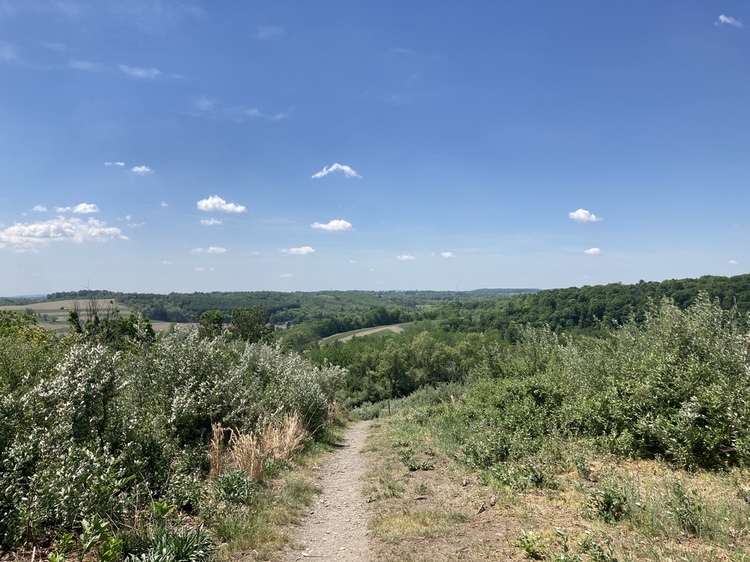The tendency to put off difficult tasks that we don’t want to face is almost universal.
And it turns out, the moment of starting a task is often so much harder than actually doing the task.
~ Leo Babauta from, Getting Good at Just Starting a Difficult Task – Zen Habits Website
Tom Petty’s lyrics not withstanding, I agree with Leo. Starting is definitely the hardest part. Unfortunately, I don’t understand why it is so difficult for me.
Take this blog post. It’s 9pm. I go to sleep at 9:30. (Why, is an entirely different story, see, Sleep.) I’ve a long drive tomorrow, and I’ve a few things left to stuff in my overnight bag. I’ve waited all day to do this small task. Writing these blog posts is straightforward; I have a well-oiled process for dropping into the right mindset and dipping into a fertile sea of cached ideas to find one to inspire. Invariably, a few minutes into the process, I’ve found an interesting thread to pull on. This is so much fun, I could—quite literally—do this all day. So why then do I wait until 9pm?
Because you see, it’s not just writing this blog post. I feel all the things on my to-do lists—both literal and in my head—are like writing this blog post: Straightforward, self-chosen, in line with my priorities and goals, inherently interesting, generally worth doing, immediately rewarding in most cases. And yet, the proverbial 9pm rolls around before I feel enough pressure to start.
The only thing I can think of is that some part of my mind just knows that the list will never be done. No matter how many times the “let’s get stuff done” part of my brain were to rise to the occasion, there’s some other part of my brain that will roll Sisyphus’s rock back to the bottom. Maybe this is all there is to it? Is the problem, not the “doer” side, but the “setter upper of things to do” side? Is the problem that I don’t know how to simply be?
Have I, perhaps, only learned instead how to be a human doing?
ɕ
